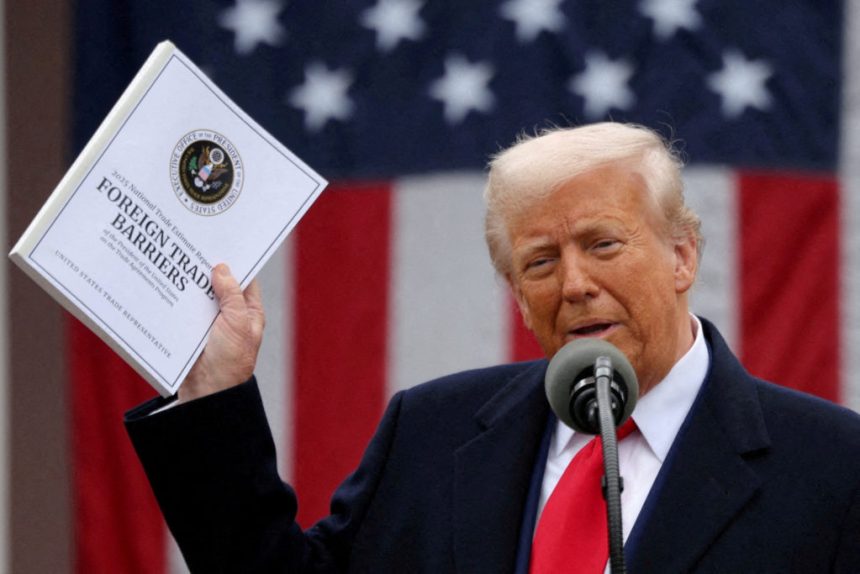Tensions Rise Over Trade Restrictions
Trade friction between Nigeria and the United States intensified this week. The U.S. criticized Nigeria for continuing its ban on 25 categories of imported goods. According to the U.S., these restrictions are keeping American businesses out of a major African market.
This clash follows a recent move by Washington to impose new tariffs. On March 26, the U.S. applied a 14% tariff on certain Nigerian exports. The change has sparked concern in Abuja and among Nigerian exporters.
American Officials Speak Out
In a statement shared on X (formerly Twitter), the U.S. Trade Representative (USTR) accused Nigeria of “unfair trade practices.” The USTR noted that bans on items such as poultry, pork, fruit juices, and spirits hurt American businesses. They said these policies reduce export opportunities and lead to financial losses for U.S. producers.
Nigeria’s Ban Dates Back to 2016
Nigeria introduced its import restrictions in 2016. The goal was to promote local production and reduce reliance on foreign goods. The ban includes a broad list of items: frozen meats, refined oils, spaghetti, cement, beer, and even recharge cards.
Recently, Nigeria announced it may add solar panels to the list. The move is intended to support local clean energy industries.

Nigerian Leaders React to Tariffs
Nigeria’s Minister of Finance, Wale Edun, said the government is reviewing its economic approach. He noted that crude oil exports remain unaffected by the U.S. tariffs. However, non-oil sectors now face a 14% tariff, which he called “significant.” He also compared it to Vietnam, which faces a higher 46% tariff.
Edun suggested that Nigeria could become an attractive location for global manufacturing. With a stable economy and favorable exchange rate, he believes foreign companies may look to Nigeria as a production hub.
Concerns Over Non-Oil Exports
Minister of Industry, Trade and Investment, Dr. Jumoke Oduwole, expressed concern over the long-term impact. She said that while oil makes up over 90% of exports to the U.S., other sectors like fertilizers, lead, and nuts — will suffer from the tariffs.
She warned that small and medium enterprises (SMEs), especially those relying on AGOA (African Growth and Opportunity Act) benefits, are at risk. Higher tariffs could increase costs, disrupt supply chains, and reduce access to the U.S. market.
A Call to Diversify Nigeria’s Exports
Dr. Oduwole stressed the need for export diversification. She said Nigeria must improve product quality and meet international standards. This, she added, is the only way Nigerian goods can compete globally.
Balancing Local Growth and Global Relations
As trade dynamics shift worldwide, Nigeria faces a tough choice. It must support local industries without losing key partners like the United States. The government now has to walk a fine line between protectionism and diplomacy.



